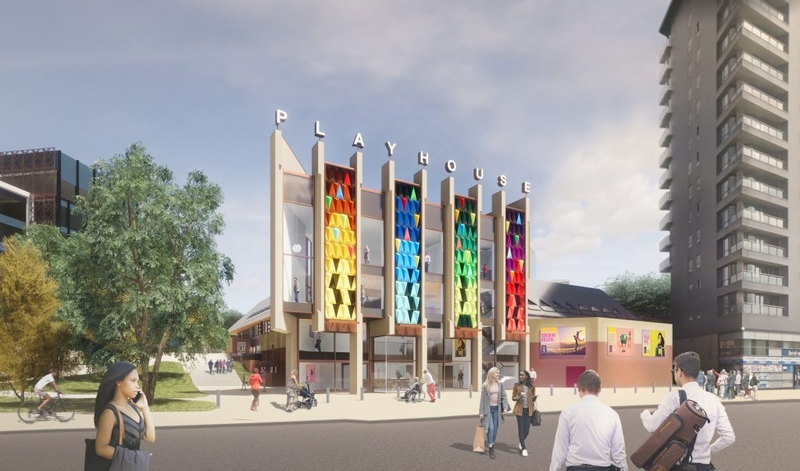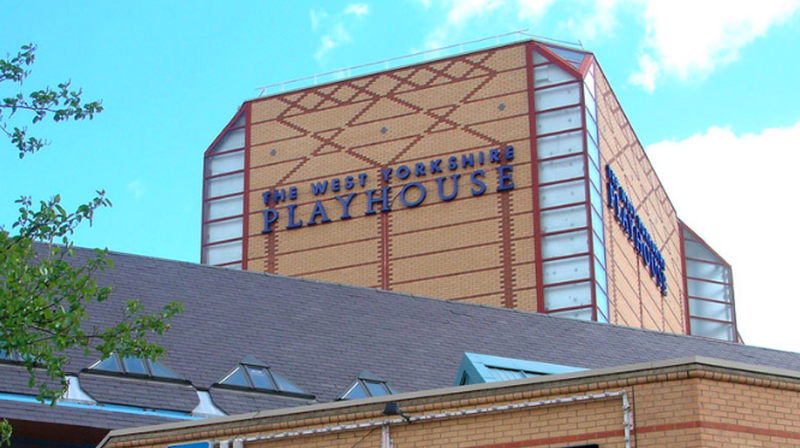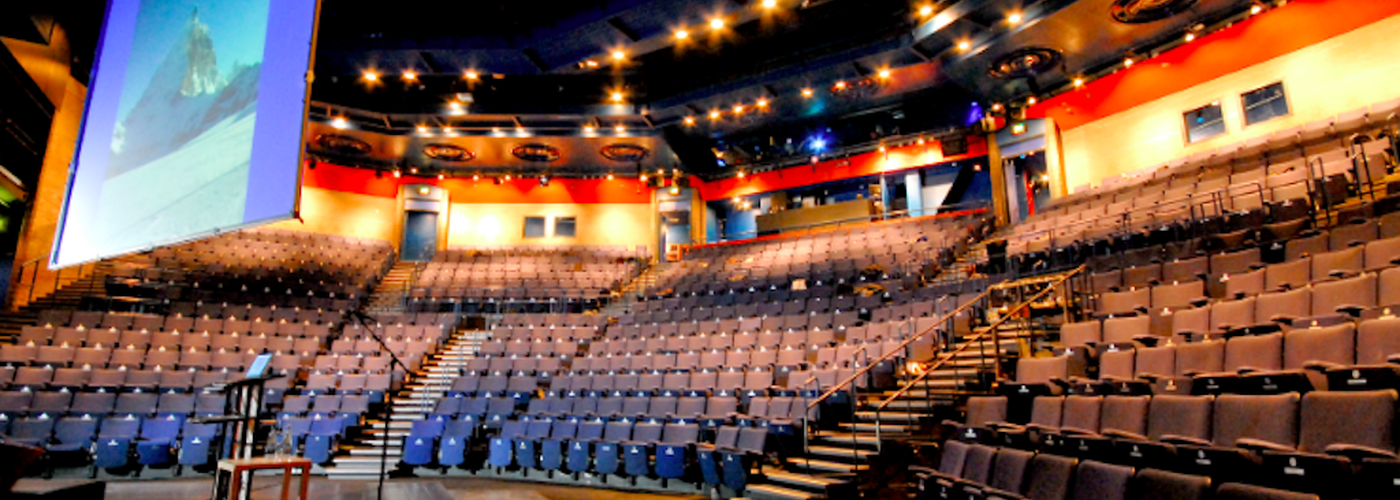Jon Howe thinks the Playhouse could offer the cultural legacy Leeds missed out on
The abrupt derailing of Leeds’s 2023 European City of Culture bid was a cutting blow to the city on many levels, not least of which was the re-instalment of a debilitating self-consciousness Leeds had always adopted in terms of its cultural identity, just as it was finally breaking free.
To that end, it is heartening to see the city pressing ahead with a bid to land the new headquarters of Channel 4, and also with the development in June that one of its most successful cultural outlets, the West Yorkshire Playhouse, had adopted a ‘Leeds and Proud’ stance with its new moniker.
I wrote for Leeds Confidential in November 2016 about how the 2023 bid was perfectly timed to help Leeds boast about its wealth of cultural offerings, and in the sorry aftermath of the Brexit farce ridding the city of that opportunity, the decision of the Playhouse to change its name is perhaps also a minor but very welcome fillip.
West Yorkshire Playhouse; a confused name that has faded in impact and dated as badly as the building itself.
In June, the West Yorkshire Playhouse – a globally renowned stage for performing arts – announced it was going back to its roots and reverting to its original name of the ‘Leeds Playhouse’ as part of a £15.8million refurbishment.
The name change is all part of the investment of course, but in addition, the Playhouse is also spending on upgraded equipment, more studio space and most significantly, a front-facing entrance that opens out opposite Victoria Gate and screams to the world, rather than meekly turning a shoulder and whispering into a council car park, as it does at present.
While this might sound like slim pickings in relation to the intense focus on the cultural offerings of Leeds that the city has missed out on with the 2023 bid, it is at least the first signs of the force of energy beneath the surface beginning to emerge. Leeds had an opportunity to finally hit an international stage but suffered an underhand kidney punch just as its aspirational character was finally being let loose.

The cultural hub around the Quarry Hill area, and as seen elsewhere in Leeds, largely takes on a wider identity, for various justifiable reasons, and the new Leeds Playhouse is certainly bucking that trend. If you consider Northern Ballet, Opera North, Phoenix Dance and even BBC Yorkshire, they all reside in Leeds for a reason but attract international recognition that perhaps Leeds deserves a portion of. The generic names portray Leeds as a cultural powerhouse of the north, but whether this translates in the way a city as ambitious as Leeds wants it to, ie. to a European audience, is debatable.
Elsewhere, Red Ladder and Carriageworks are rooted in Leeds but carry no local identity and at least if you have a vague interest in cultural history you will understand the local references of The Tetley and Henry Moore Institute.
The landmark decision of the Playhouse is claimed as a move “to reflect our local focus and the strength of the community in the city we call home”, and as such is a welcome boost to those pleading for Leeds’s cultural community to be more brash and self-satisfied.
The original Leeds Playhouse was so-called as a result of a demand from thirteen campaigners to the Arts Council for a permanent home for contemporary theatre in Leeds. This campaign started in 1964. Such was the strength of feeling that the public raised £20,000 towards setting up the original Playhouse within Leeds University. This opened in September 1970 and existed there until March 1990, when the current Quarry Hill site was opened and the identity changed to the West Yorkshire Playhouse; a confused name that has faded in impact and dated as badly as the building itself.

In March 2017, Leeds was voted by The Times as “the best city to live in for culture in the UK” out of a list of 20 cities. At a stage when the 2023 bid was gathering pace on the back of one million individual comments from Leeds people backing the bid, it was timely national recognition. But of course external forces put paid to that bid and the bountiful legacy the award would have graced Leeds with. But hopefully the Playhouse proudly boasting its Leeds home and heritage is the first move in similar projects also using the city name to promote both themselves and the society that houses them.
The people behind the failed City of Culture bid may still feel deflated and unmotivated, but the unquestionable goodwill of civic and business communities in Leeds still remains, and harnessing that for the greater good can still bring cultural riches to the city. The Leeds Playhouse and the Channel 4 bid are good examples of that, and achieving and promoting cultural excellence under our own steam and under our own banner, can perhaps bring home that same energising legacy.



